Name the four distinct layers of Earth

Name three continents:

what is the difference between magma and lava?
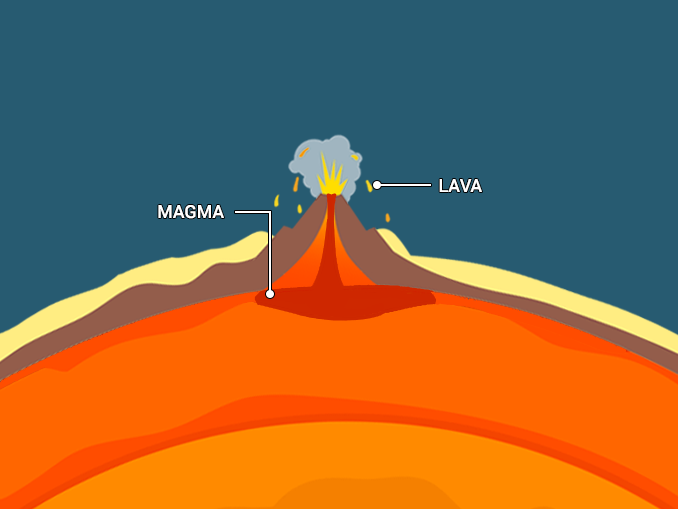
Magma is molten rock that is underground. On the other hand, lava is molten rock that has broken through the Earth's surface
In the periodic table, what is the symbol for magnesium?

Which variable (independent, dependent and control) do we measure?
Dependent variable
What two layers are associated with tectonic plates?
1. Mantle
2. Crust
What is the name of the super continent?

Pangea
Name three parts of a volcano:
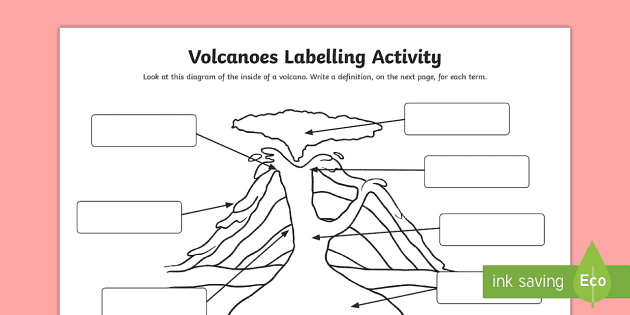
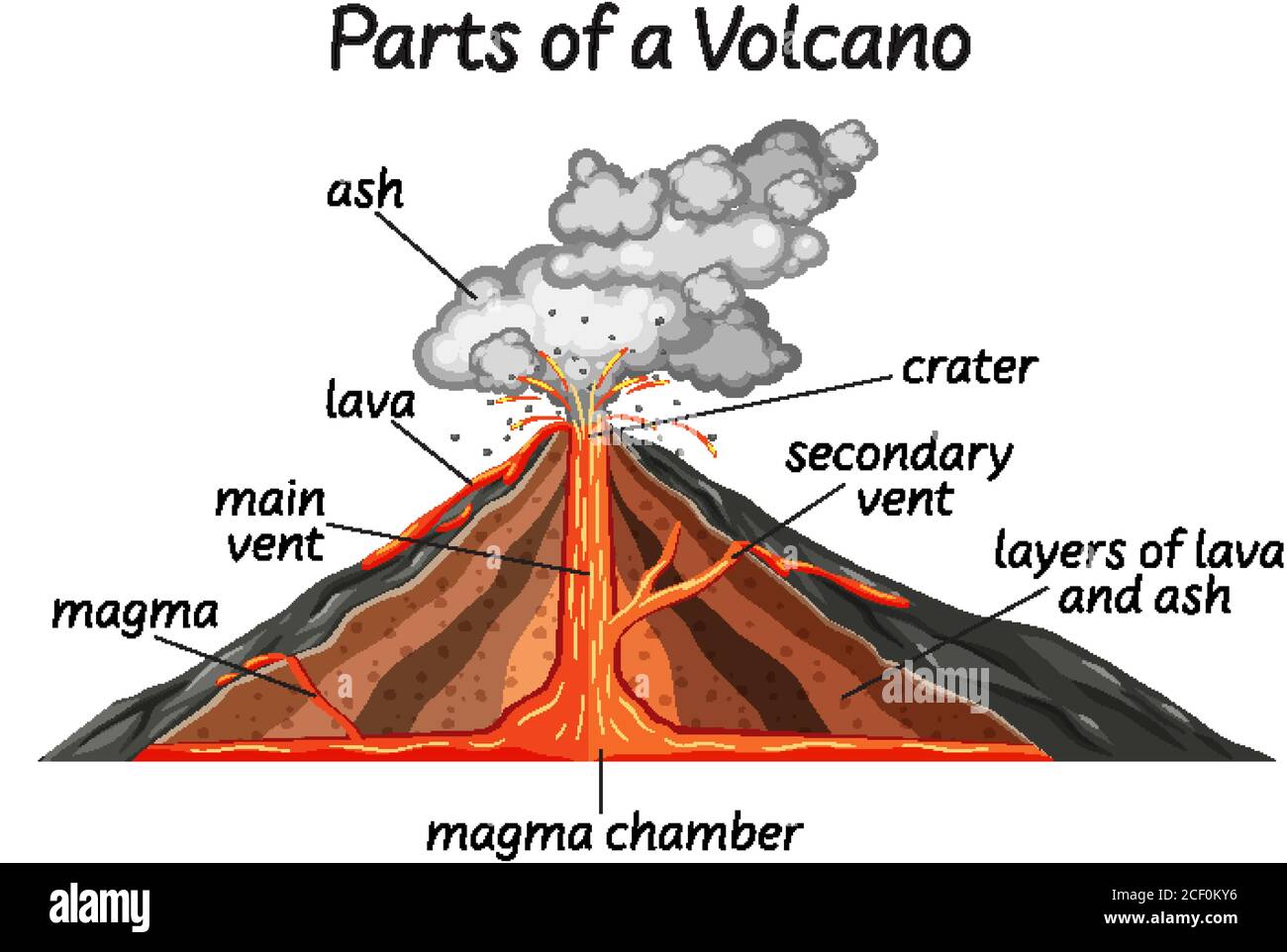
Guess the logo:


What is missing?
Title, aim, hypothesis, material, method, result, discussion, conclusion.
Risk assessment (before method)
Describe two evidences that support the theory of plate tectonics:

Any one of the answers below are acceptable:
1. The outlines of the continents fit together well enough to suggest they were once joined
2. The same fossils are found on different continents with vast distances between them, which can only be explained if the continents were once joined.
3. There is significant geothermal, volcanic and seismic activity along the edges of the continential plates.
4. Growth of the sea floor and its destruction near continents explains the movement of continents.
Explain what continental drift is
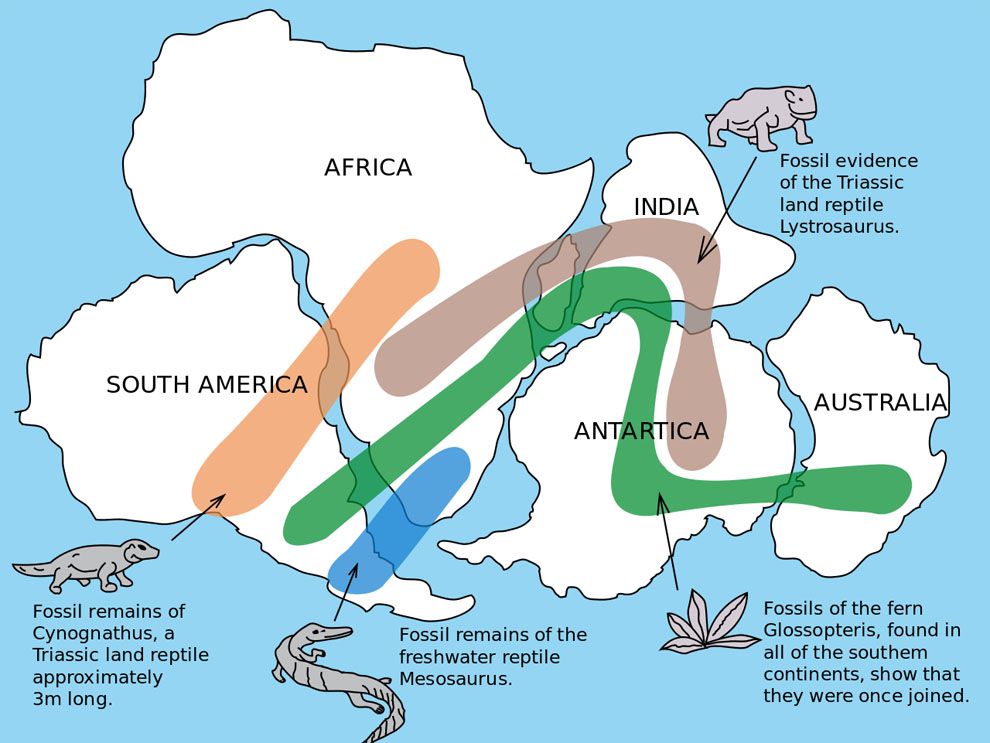
The continents of the world all started together in a single landmass AND have since drifted apart
Describe how an Earthquake occurs:
Earthquakes occur when tectonic plates that are sliding against each other become jammed. The pressure between the plates build up until the rock break and the plates jolt free. The jolt causes vibrations on Earth, known as Earthquakes.
What type of charge do the following have:
1. Proton
2. Electron
3. Neutron
1. Positive
2. Negative
3. Neutral
What type of graph is this?

Line graph
Describe what is occurring in the image: (remember we used rice not crystal)
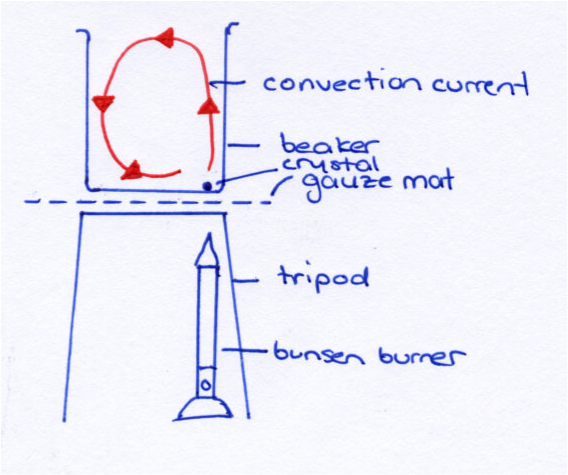
Hot air is less dense than cool air and therefore moves up and leaves the cooler air below. This creates a convection current. Which we saw in the experiment with the rice moving up from where the bunsen was placed and moved in a circular motion back down.
Who explained the theory of continental drift?
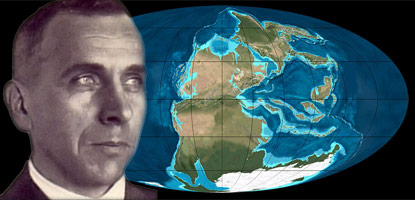
Alfred Lothar Wegener
Where does the most damage caused by Earthquakes occur?
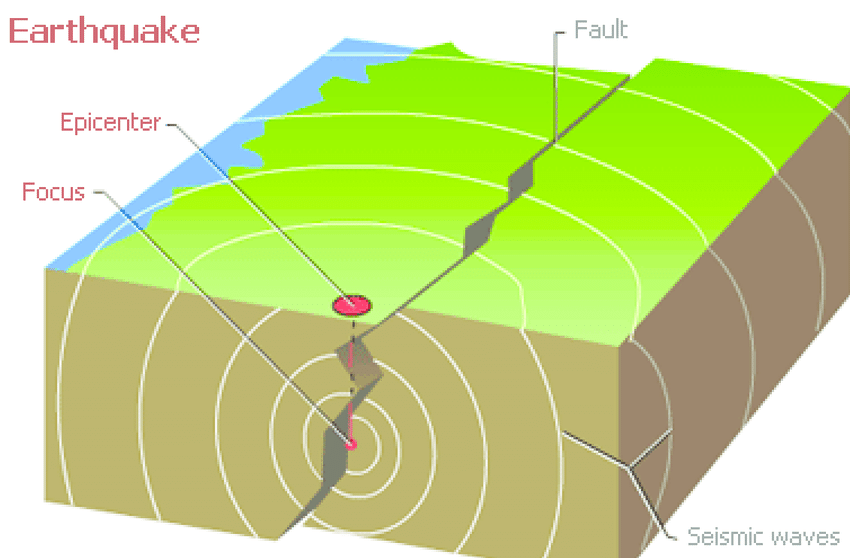
Epicentre
I follow you all the time and copy your every move, but you can’t touch me or catch me. What am I?
Your shadow
What is missing from the graph?
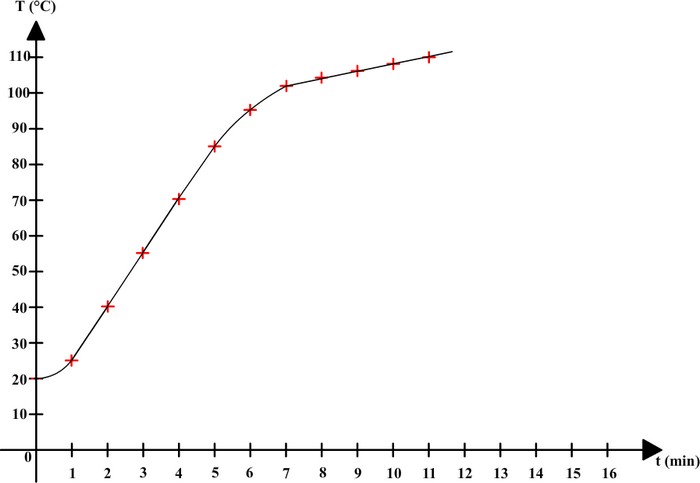
Title
What is the largest animal on the planet?
Whale